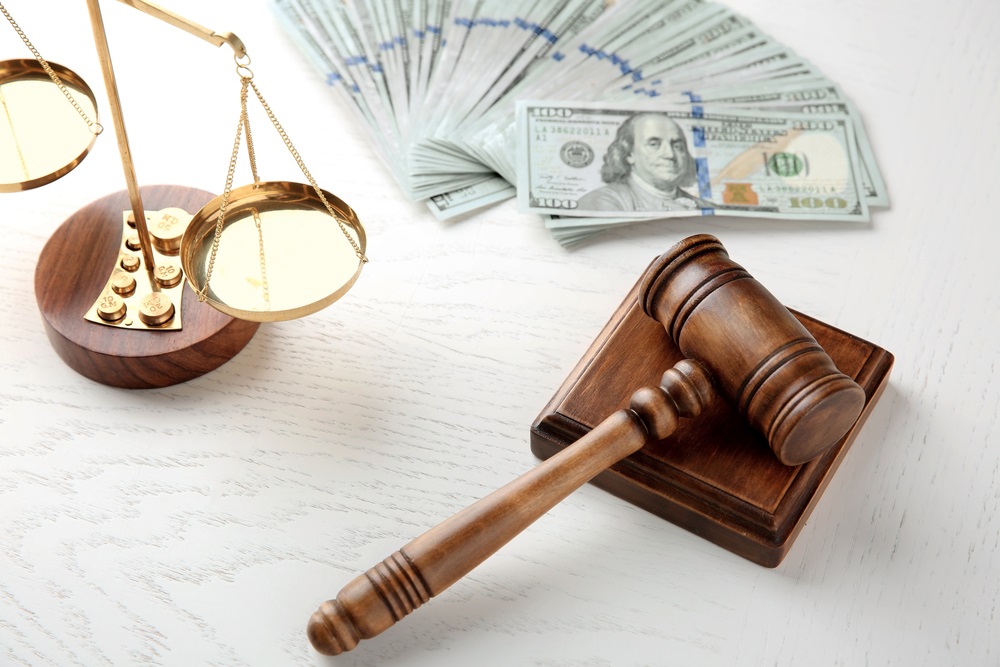
24 Jun Why Attorney Fees May Not be Recoverable Under Your Contract
Last week Edwards Law discussed why you and your company should always include a litigation clause in your business contracts. A litigation clause allows you and your business to collect attorney fees in the event that your business is sued or needs to sue someone else for a breach of the contract, and you win that dispute. However, even the most craftily-drafted attorney fee provision can be difficult to collect under if you run into these problems.
Standard Clause Does Not Include Transaction Costs or Nonspecified, Non-Court Costs or Expenses
As stated in our prior blog, Colorado courts generally enforce litigation clauses that clearly specify the allocation of litigation expenses between parties. In a typical clause, the “losing” party in litigation agrees to reimburse the “prevailing” party for all of the prevailing party’s litigation costs and expenses, including attorney fees and court costs.
Litigation costs and expenses in Colorado typically consist of three categories (1) attorneys’ fees; (2) court costs; and (3) other expenses related to pursuing or defending litigation. Thus the standard litigation clause typically applies only to litigation costs and expenses and does not apply to transaction costs such as attorney fees to investigate the merits of entering into the transaction or “due diligence”. Nor does the typical litigation clause include the attorney fees for negotiating, drafting and closing the transaction.
In addition, recovery of non-court costs and expenses not normally recoverable, so if your litigation clause does not authorize recovery of other, specific costs and expenses not normally recoverable, the court will not allow for cost allocation.
Typically Only “Reasonable” Attorney Fees Will Be Recoverable
In last week’s blog we discussed how to craft your litigation clause to include a request for “actual” attorneys’ fees, rather than “reasonable” attorney fees. However, despite the contract’s language, the amount of the attorney fee award the court grants is typically within the judge’s discretion, because reasonableness is a question of fact that the law will require the court to decide. While courts may base actual fees on the actual hours expended by your attorney and your attorney’s customary hourly billing rate, in determining reasonable fees, courts may use a “reasonable-hours-times-reasonable-rates formula” and may also consider:
- the time and labor required, the novelty and difficulty of the questions involved, and the skill requisite to perform the legal service properly;
- the likelihood, if apparent to the client, that the acceptance of the particular employment will preclude other employment by the lawyer;
- the fee customarily charged in the locality for similar legal services;
- the amount involved and the results obtained;
- the time limitations imposed by the client or by the circumstances;
- the nature and length of the professional relationship with the client;
- the experience, reputation, and ability of the lawyer or lawyers performing the services; and
- whether the fee is fixed or contingent.
The parties to your company contract should also understand that courts narrowly construe clauses (and statutes, see below) creating exceptions to the American Rule, which rule says that each party should pay their own attorney fees. So be sure your attorney drafts a specific, clear, and unambiguous litigation clause. Courts generally construe ambiguous provisions against the drafter of the provision.
Attorney Fees Will Not Be Recoverable If Your Contract is Found Invalid or Your Opponent Successfully Brings a Counterclaim
Also, whether or not you can enforce a litigation clause in your contact may depend on the nature of the dispute. For example, if your opponent successfully invalidates or rescinds the contract with your company, you will not be able to rely on your litigation clause to claim attorney fees.
Also, if a judgment based on your promissory note or your business contract containing a litigation clause is reduced by your opponent’s counterclaim arising out of the transaction in dispute, the court has discretion to determine whether and how to apportion any fees awarded in that lawsuit.
The Amount Awarded May Be Limited By Statute
Also, the judge’s hands may be tied in the amount of the award if a statute controls the amount. For example, C.R.S. § 13-17-203 limits attorney fees in class action litigation against a public entity. Whether a court has discretion to award attorney fees to a prevailing party, or whether such an award is mandatory, depends on the wording of a statute. If a statute provides that fees “shall” be awarded, or uses other mandatory language, the court has no discretion and must award or disallow fees. However if the statute provides that the court “may” award fees, or uses similar non-mandatory wording, a court may exercise discretion in deciding whether to award fees.
The Degree to Which a Party Must Prevail Might Prevent an Award of Attorney Fees
When you have a claim for a violation of a contract obligation, the prevailing party, for purposes of awarding attorney fees, is normally the party in whose favor the court renders a decision or verdict on liability. However if you have multiple claims that you are bringing, and you only win on some of those claims, trial courts have broad discretion to determine which party, if any, is the prevailing party; and whether costs should be awarded.
Courts decide who is the prevailing party or parties where more than one party has prevailed in part on the issue of liability. For example, your opponent may be a “prevailing” party in the litigation, even when the damages actually awarded to your opponent are nominal or significantly less than those requested.
If you are considering whether or not to bring a lawsuit against another party and you want to determine whether or not your litigation clause will allow you to collect your attorney fees, call Edwards Law today for a free consultation.


No Comments